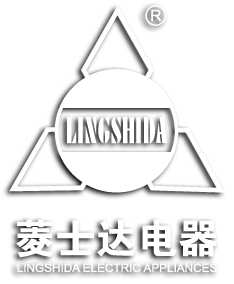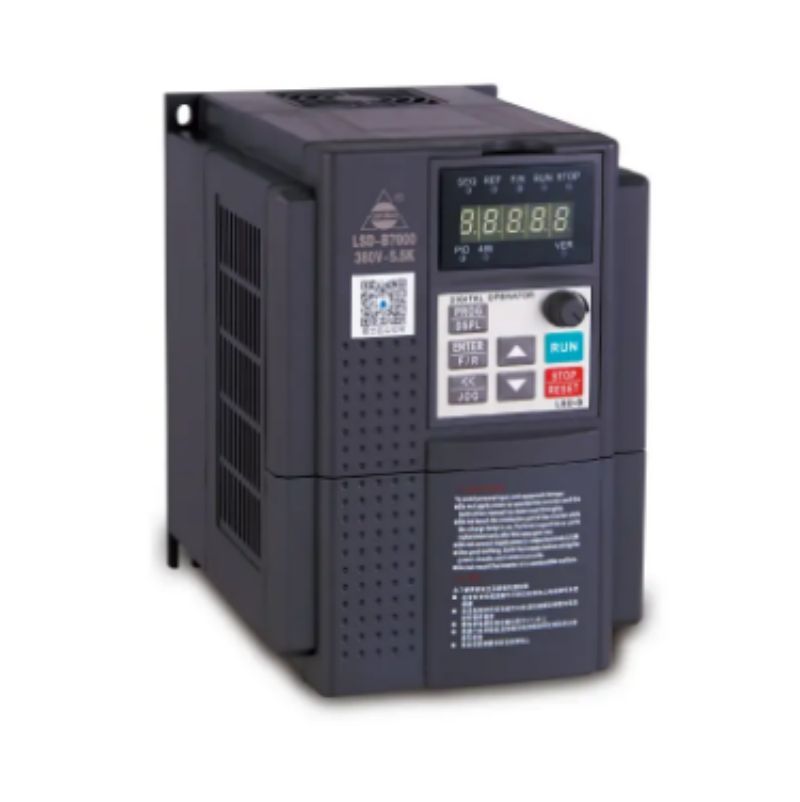Frequency converters, also known as variable frequency drives (VFDs), have become an integral part of various industrial applications. Whether it is controlling the speed of an electric motor or optimizing energy consumption, frequency converters offer versatile control capabilities. In this article, we will explore some essential features and applications of General Type Frequency Converters, highlighting their significance in today’s fast-paced industries.
1.Variable Speed Control: One of the primary functions of General Type Frequency Converters is to controlthe speed of electric motors. By controlling the input frequency and voltage, frequency converters can adjust the motor’s speed, delivering flexibility and precision in various processes. This feature is particularly useful in industries like manufacturing, where different speeds are required for different tasks, such as conveyor belts or pumps.
2.Energy Saving: Energy efficiency is a paramount concern in today’s world. Frequency converters play a crucial role in optimizing energy consumption by regulating motor speed based on the actual load requirements. By adjusting the motor’s speed to match the workload, frequency converters significantly reduce energy wastage, leading to substantial cost savings and a smaller carbon footprint.
3.Soft Start and Stop: Another significant advantage of frequency converters is their ability to provide a soft start and stop. When a motor starts, it typically experiences a surge of current, causing stress on both the motor and the connected equipment. Frequency converters allow for a smooth and gradual increase in speed, minimizing mechanical stress and ensuring a longer lifespan for the motor and associated machinery. Similarly, during the stopping phase, the gradual decrease in speed prevents sudden impacts and enhances equipment safety.
4.Torque Control: Frequencyconverters enable precise torque control, essential in applications where different levels of torque are required. This feature is particularly valuable in industries like robotics, CNC machining, or elevator systems, where precise control of torque is crucial for efficient and safe operations. The ability to adjust torque levels allows for better synchronization between different motors or mechanisms, enhancing overall system performance.
5.Harmonic Suppression: Electrical systems often generate harmonic currents, which can lead to power quality issues, equipment overheating, and premature failure. Frequency convertersinclude built-in harmonic filters that suppress these undesirable harmonics, ensuring a stable and clean power supply. This feature not only safeguards the equipment but also reduces the need for additional external filtering components, thereby simplifying the overall system design.
6.Programmable Logic Controller (PLC) Integration: Frequency converters can be seamlessly integrated with PLCs, enabling advanced automation and control capabilities. PLCs provide the intelligence to monitor and adjust the frequency converter’s settings based on different parameters, such as temperature, pressure, or speed. This integration allows for greater system versatility and adaptability, optimizing processes and improving overall productivity.
7.Wide Range of Applications: The versatility of general-type frequency converters makes them suitable for a wide range of industrial applications. From HVAC systems, pumps, and fans to conveyor systems, cranes, and extruders, frequency converters find applications in almost every industry. They offer precise control over motor speed, torque, and acceleration, ensuring optimal performance and energy efficiency in various processes.
In conclusion, General Type Frequency Converters offer a plethora of features and applications that make them indispensable in modern industries. From speed control and energy saving to soft start/stop capabilities and harmonic suppression, these devices significantly enhance motor performance, extend equipment lifespan, and improve overall system efficiency. As industries strive for greater sustainability and operational excellence, frequency converters continue to play a vital role in meeting these objectives.
Post time: Nov-10-2023

